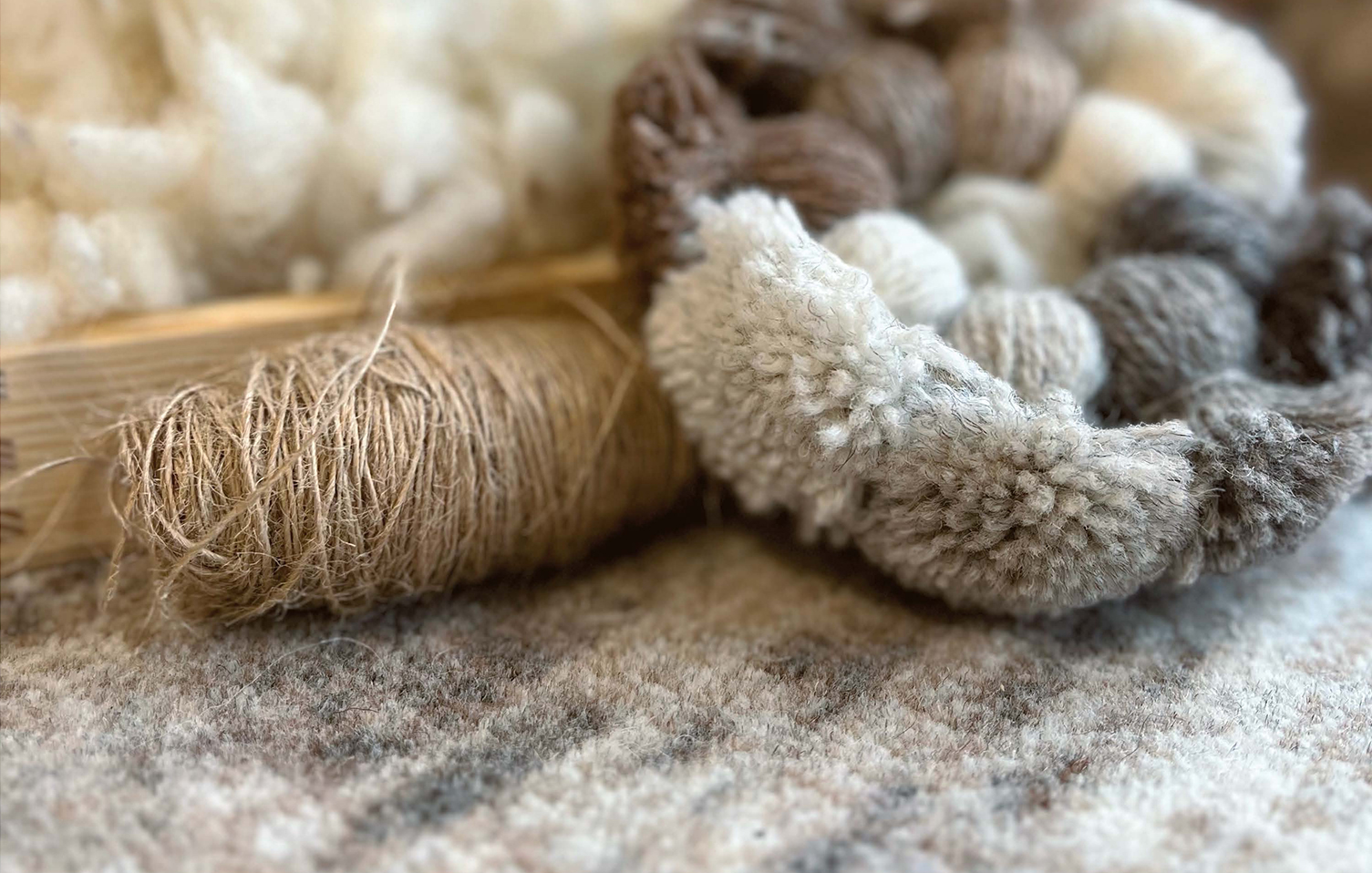The principles of sustainable development, the pursuit of CO2 emission reduction and the consumption of fossil resources are no longer just expressions of maturity and voluntary choices for manufacturers and their customers.
Increasingly detailed ESG regulations and reporting obligations will encourage the replacement of products made from polymers with renewable and biodegradable materials. In this context, the practice of furnishing interiors in hotel investments shows a lack of consistency. Despite the fact that most conferences, trade fairs, and industry publications address sustainable development topics, there is a trend of increasing the share of polymeric products (such as polyamide, polyester, polypropylene, bituminous masses) in hotel interior equipment standards.
The only noticeable change is the growing market for certificates ensuring that products that were recently harmful and non-recyclable have now become environmentally friendly. We can remain convinced that textiles in our hotel come from bottles collected in the oceans, and floor coverings made from polymer raw materials are subject to recycling. We can believe in the declarations of manufacturers who promise to bring used products from various places around the world to their factories, regardless of costs and carbon footprint, for reuse (“cradle to cradle”). However, should we participate in such blatant marketing lies? The issue of “greenwashing” has spread to the point where the Polish Office of Competition and Consumer Protection (UOKiK) increasingly conducts systemic controls of manufacturers.
It should be emphasized that ESG is not only about environmental protection. The oil, a necessary raw material for the production of many popular materials such as nylon, polypropylene, and polyester, is mainly sourced from Russia, Qatar, Saudi Arabia, Iran, and Venezuela. Have you ever wondered about the associations these countries evoke in terms of sustainable economy and social equality? Our consumption also contributes to worsening the economic situation of European farmers and breeders, for whom production becomes more expensive and consequently must be funded by government subsidies.
It is time to change these environmentally and socially costly operating methods. One of the true solutions towards sustainable development in floor coverings is AxBio carpets and rugs, created by the well-known Polish manufacturer Kowary Carpets / AxPro Concept. These products are made 100% from renewable and biodegradable materials such as wool, jute, and viscose. In the AxBio “Purelana” collection, the color palette is created by blending different shades of wool, avoiding environmentally harmful dyeing processes. This eliminates harmful pigments, reduces energy consumption, and minimizes wastewater production.
The groundbreaking concept of AxPro Concept is to move away from recycling in favor of composting. After the period of use, AxBio carpets and floorings can be used as landscape fabric or, after shredding, as compost, fertilizer in gardening and agriculture. Note that the chemical composition of AxBio products is the same as that of most fertilizers. Isn’t this the true concept of “cradle to cradle”?
The minimalist design of the “Purelana” collection in AxBio technology not only fits current interior decoration trends but also facilitates the reuse of these products after their period of use. Floor coverings removed from hotels and passenger ships can find a second life in nursing homes, kindergartens, orphanages, or refugee camps, and in the final stage, undergo biodegradation. It is worth noting that Kowary Carpets/AxPro Concept produces AxBio products exclusively in its own factory in Poland, and raw materials, except for jute, are sourced in Europe. Let’s choose real ESG-related solutions and support Polish manufacturers.

